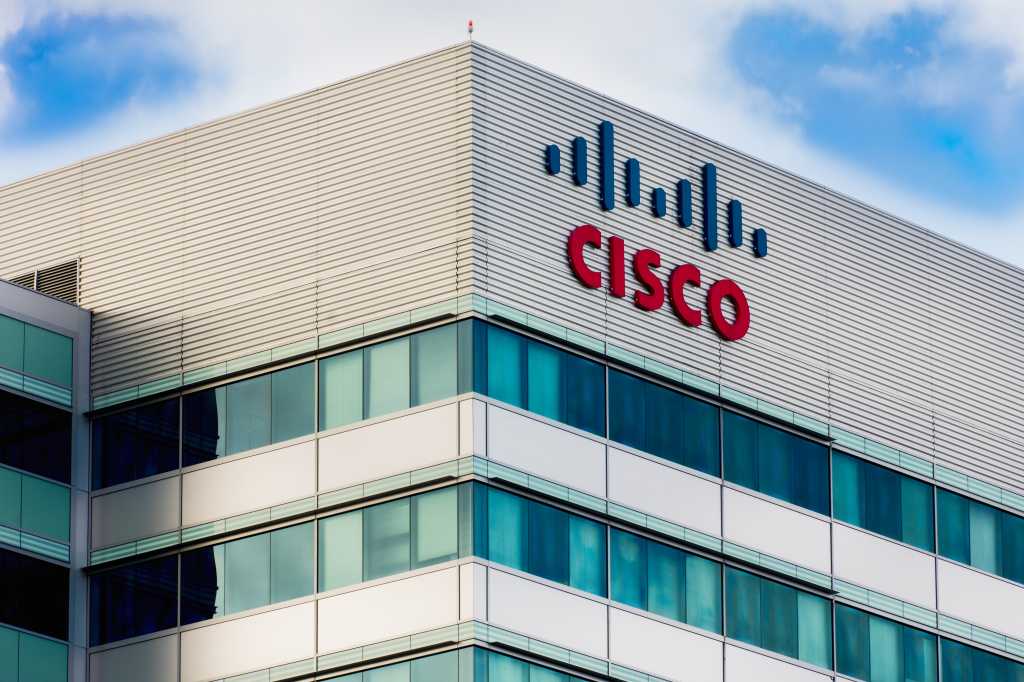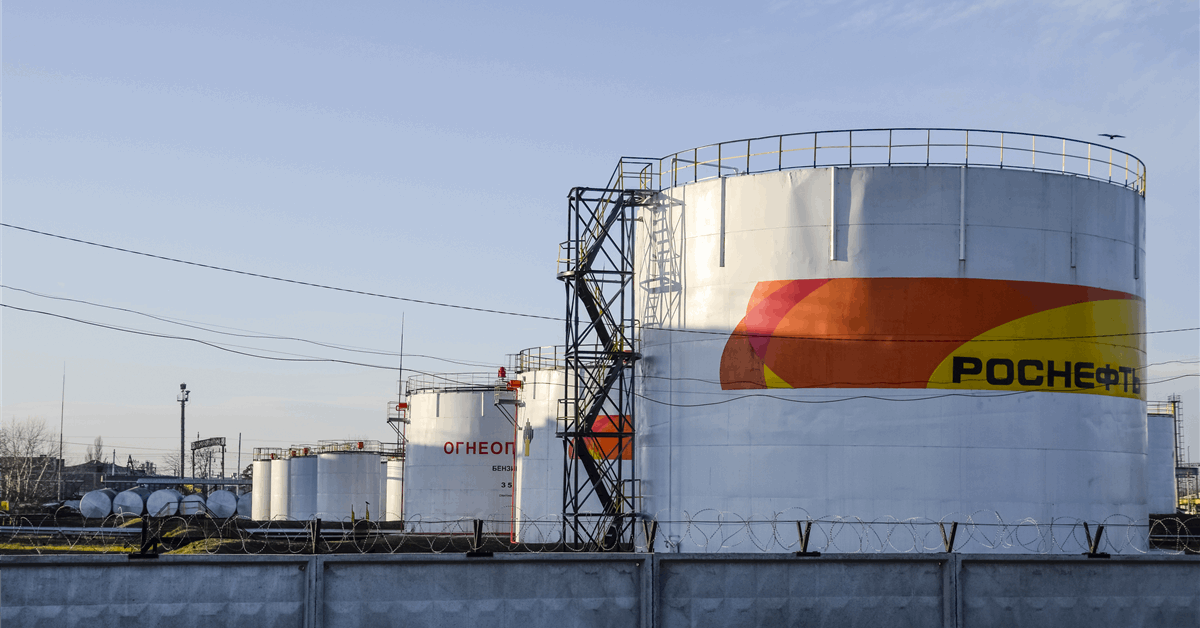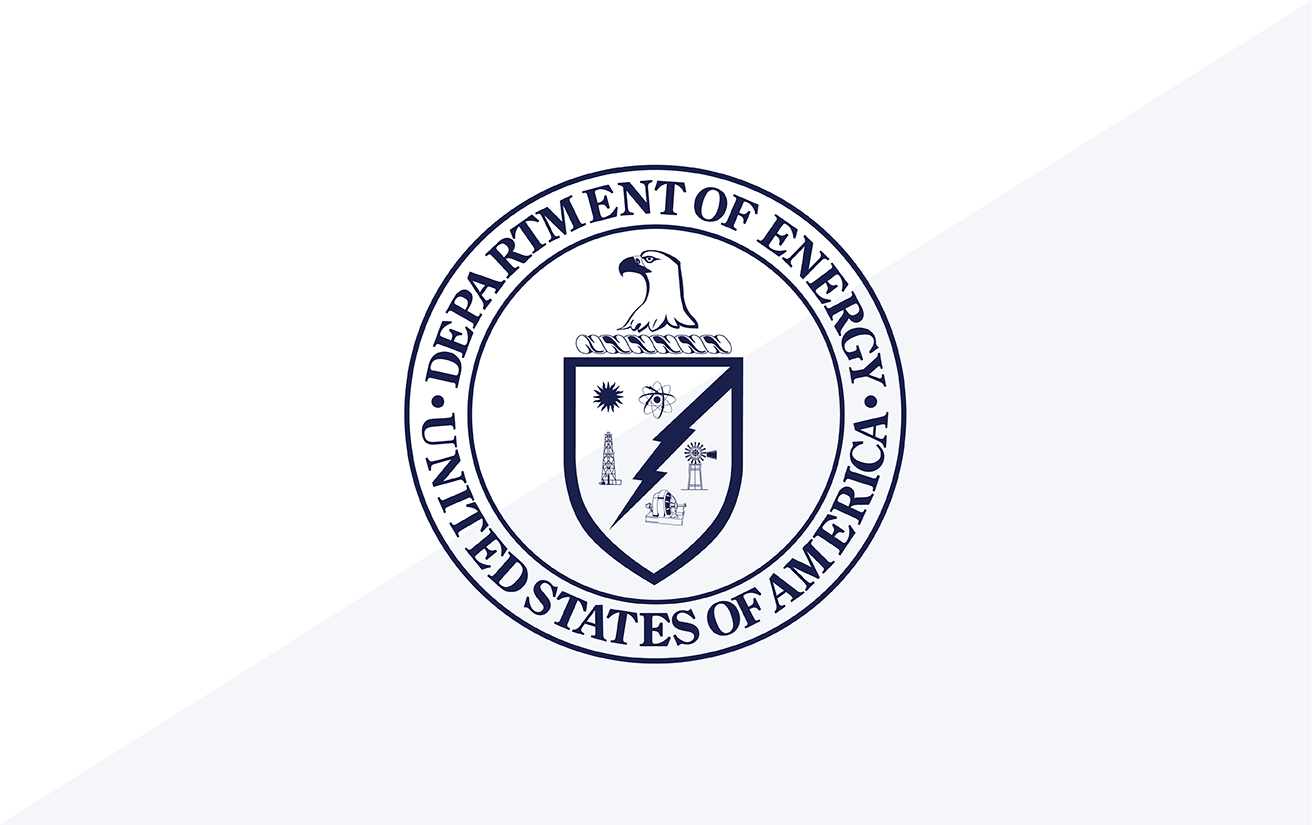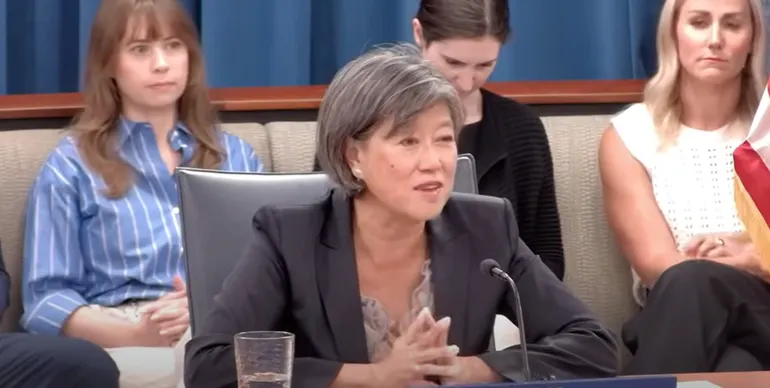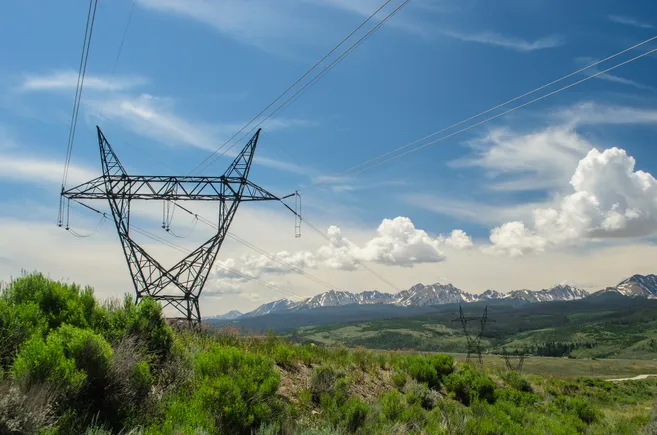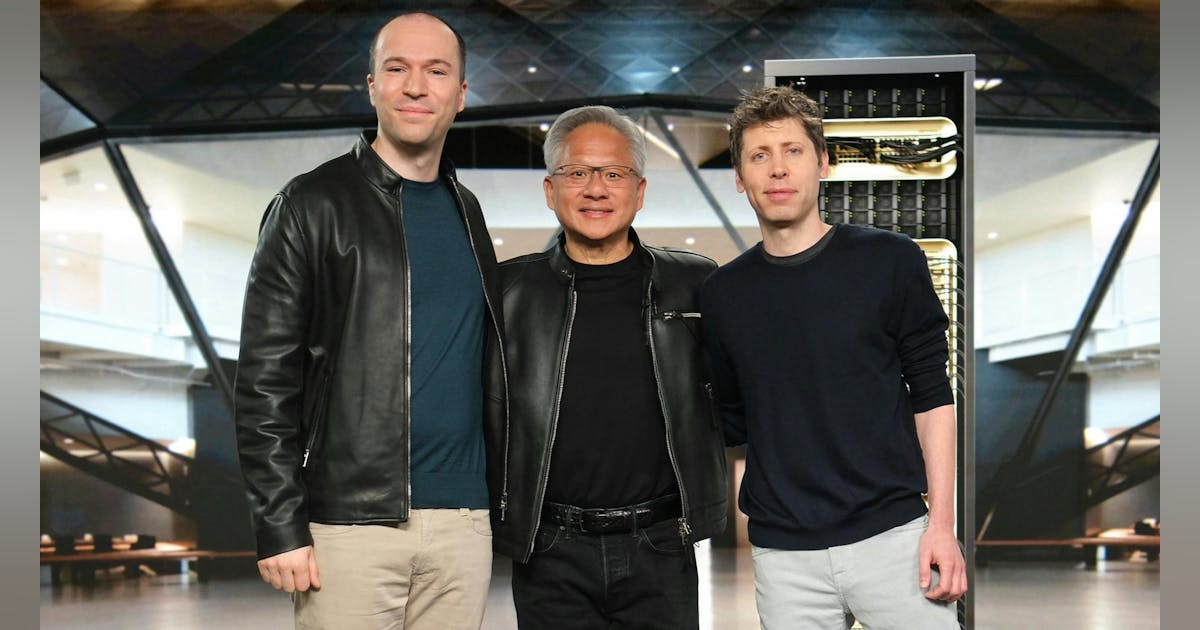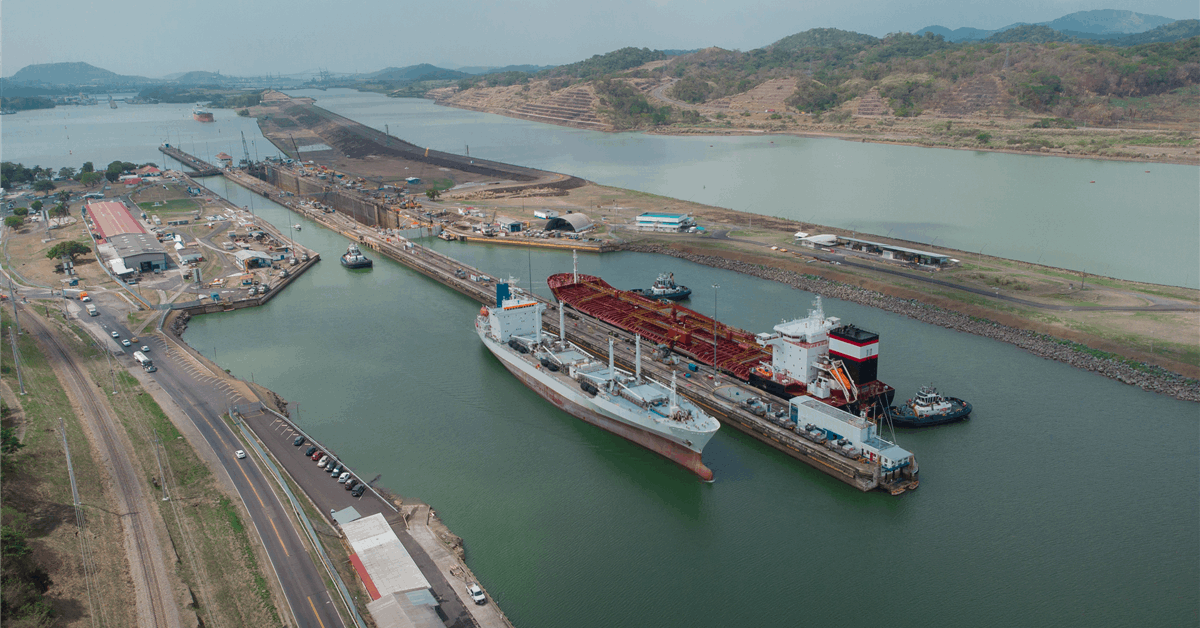
The Panama Canal Authority (ACP) said it has officially launched the concessionaire selection process for its new energy pipeline project, attracting over 45 representatives from global energy companies.
The pipeline project will be the first major development of the Panama Canal’s planned interoceanic energy corridor, which aims to facilitate the transportation of propane, butane, and ethane between the Gulf of Mexico and Northeast Asia, freeing up canal capacity without additional water usage, ACP said in a news release.
The planned infrastructure includes a 47-mile (76-kilometer) pipeline with a transfer capacity of up to 2.5 million barrels per day, supported by maritime terminals on the Atlantic and Pacific. ACP said its objective is to enhance the canal’s performance by reducing vessel wait times, and boosting its long-term reliability and competitiveness.
ACP said it seeks “important feedback from potential concessionaires on the proposed structure, roles, and concession model,” with individual meetings to be held with parties interested in participating in the concessionaire selection process. The tender is projected for the second quarter of 2026.
According to the release, the following companies participated in the initial marketing event: CB Fenton & Co, ENEOS, Energy Transfer, ExxonMobil, Fortress, Gyxis Corporation, Itochu Corporation, Japan Bank for International Cooperation (JBIC), Mitsubishi, Movement Industries, Nippon Koei, Otamerica, Phillips 66, Promigas, Puma Energy, Regent Energy Group, Shell, SK Energy, Sumitomo Corporation, SMBC (Sumitomo Mitsui Banking Corp), Targa Resources, Ultranav, and Vitol.
NetZero Slot Launched for Low Emissions Vessels
Further, the Panama Canal launched NetZero Slot, a new category within its transit reservation system designed to encourage the decarbonization of maritime shipping and to support the canal’s institutional commitment to achieving net-zero emissions by 2050.
The NetZero slot will provide a number of benefits to customers, including the freedom to select a preferred transit date within the assigned week, guaranteed transit within 24 hours, and the flexibility to exchange, or substitute vessels of equivalent specifications, according to an earlier statement.
Vessels need to be registered as dual-fuel and capable of operating on at least one fuel with a carbon intensity factor equal to, or less than 75 gCO₂e/MJ. Eligible fuels include green methanol, green ammonia, bio-LNG (liquefied natural gas), or bio-LPG (liquefied petroleum gas). While immediate use of these fuels will not be required, the canal will recognize the investment and capacity to operate them once supply becomes available, ACP said.
The slot will not be auctioned, with vessels needing to compete weekly under a prioritization scheme based on cargo condition, Panama Canal/Universal Measurement System capacity, and economic contribution, ACP said. The agency clarified that preference will be given to loaded vessels, higher tonnage, and combined payments from tolls, maritime services, and fees from prior transit.
The first competition to allocate the slot will take place on Oct. 3, applicable to the transit week of Nov. 2 to 8, with one weekly slot reserved exclusively for vessels that meet the low-emission criteria, according to the statement.
“The NetZero Slot is an unequivocal signal of our commitment to sustainability and the competitiveness of global trade. Through this initiative, we aim to support our customers in the transition toward a low-emissions future,” Ilya Espino de Marotta, deputy administrator and chief sustainability officer of ACP, said.
To contact the author, email [email protected]



